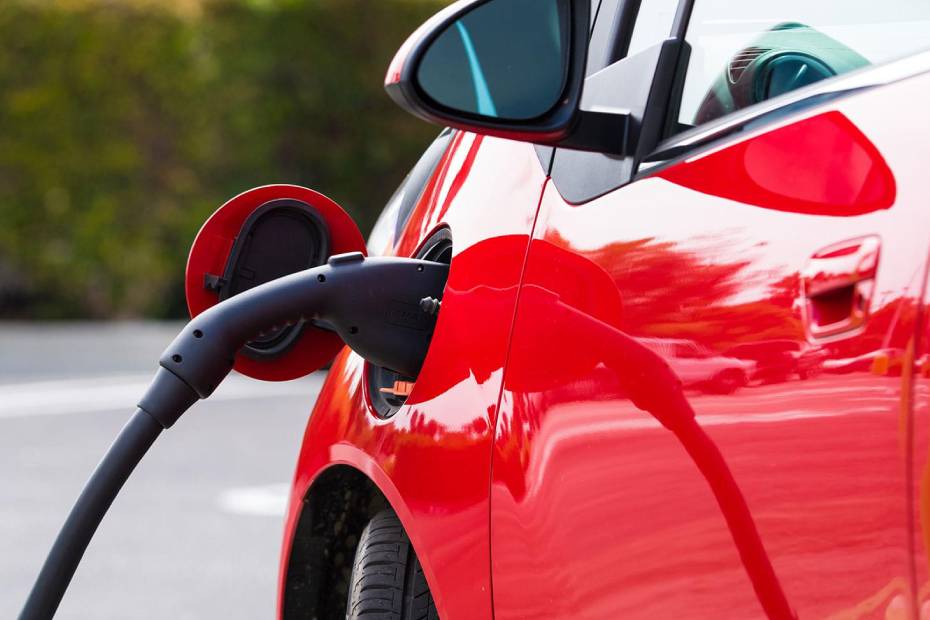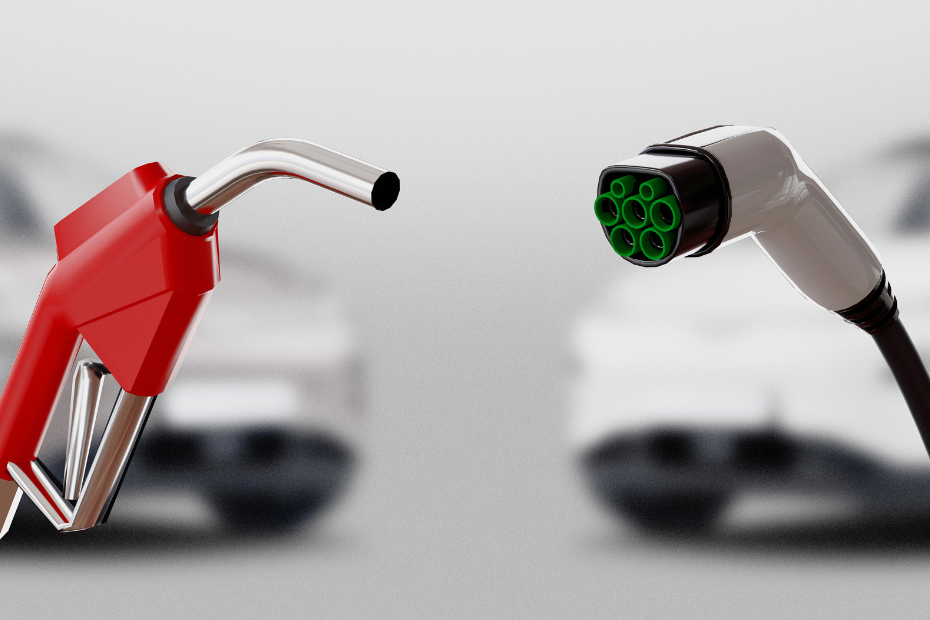Published November 28, 2022 • 4 Min Read
Many Canadians are looking to make the switch to electric vehicles (EVs) for environmental reasons and to save money — saving on gas alone can make it an enticing option. While there is a lot of buzz surrounding EVs as the vehicle of the future, you may still have some questions.
If you’re thinking about buying an electric or hybrid vehicle, here are four things to consider.
1. What types of electric vehicles are available in Canada?
There are 3 types of EVs currently on the market.
-
Battery electric vehicles (BEVs) run on electricity only and are recharged by an external power source. This is the most cost-efficient and environmentally friendly option. Almost all BEVs can travel at least 160 km on a full charge, and new models are coming to market that can go between 350 and 450 km between charges.
-
Plug-in hybrid electric vehicles (PHEVs) use a battery that can be charged as their primary power source, just like a BEV. The difference is that plug-in hybrids also have an internal combustion engine powered by gas. By driving moderate distances (usually around 30 to 80 km) using only the battery, PHEVs use between 14 and 47 per cent less fuel than typical gas-powered cars and SUVs. These EVs are usually more expensive up-front, and their complexity may mean they need repairs more often.
-
Hybrid electric vehicles (HEVs) have a fuel combustion engine powered by gas as their main power source for higher speeds. But HEVs use electric power from a battery at low speeds. You can refuel at a gas station, but these cars may be more expensive and produce more carbon emissions than other EV options.
2. What are my charging options?
“Range anxiety” – the distance you can drive on a fully charged battery before you need to recharge — is a real concern for some EV buyers. Even with more EVs and hybrids on the road, charging stations are still not as common as gas stations.
The good news is that the infrastructure around EVs is improving rapidly. Earlier this year, the government of Canada pledged to fund the installation of 50,000 new EV charging stations around the country by 2030. Condos, malls and even grocery chains have added charging stations to their parking lots.
If you’re living in a larger city, finding charging stations probably won’t be much of a problem. Many of these charging stations are free to use, and those that are pay-per-use cost $2.50 per charge on average. Charging an electric vehicle can take some time, though. A typical electric vehicle takes just under 8 hours to go from empty to full charge. That time can range from 30 minutes to 12 hours, depending on the battery size and the strength of the charger.
3. Can an electric vehicle handle Canadian winters?
Yes! EVs may even be better equipped to handle the harsh winter months than conventional gas-powered cars. The batteries in EVs and hybrid vehicles are designed to withstand temperatures well below zero.
It also takes less time to warm up an EV than cars with internal combustion engines. And if you can charge your EV at home, you won’t have to brave the cold weather at the gas pump anymore!
4. What’s the cost of owning an EV?
While most electric vehicles cost more up-front than gas-powered cars today, the lower cost of driving your EV may save you more in the long run. You may find your electric car or hybrid SUV a more affordable option because:
-
Lower maintenance costs. Maintenance costs are typically far lower for electric vehicles than for gas vehicles. The battery and motor of an EV require little to no maintenance, you don’t have to check or change the oil, and there are fewer moving parts in EVs in general. Over time, this may save you plenty of money.
-
Lower fuel costs. According to the Manitoba Electric Vehicle Association, the average Canadian spends around $1,500 on gas annually. Most public charging stations are free to use. Even if you’re charging at home, the average annual cost of electricity for BEV owners is typically only around $300. If you’re driving a plug-in hybrid, the combined cost of electricity and fuel is around $700 a year.
-
Government of Canada point-of-sale rebates. To help reduce greenhouse gas emissions, the Federal Government is offering $2,500 and $5,000 rebates to buy or lease EVs and hybrid vehicles. Other incentives vary by province, but they can help ease up-front costs.

This article is intended as general information only and is not to be relied upon as constituting legal, financial or other professional advice. A professional advisor should be consulted regarding your specific situation. Information presented is believed to be factual and up-to-date but we do not guarantee its accuracy and it should not be regarded as a complete analysis of the subjects discussed. All expressions of opinion reflect the judgment of the authors as of the date of publication and are subject to change. No endorsement of any third parties or their advice, opinions, information, products or services is expressly given or implied by Royal Bank of Canada or any of its affiliates.
Share This Article






